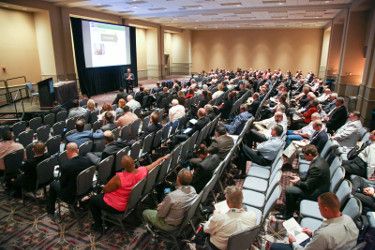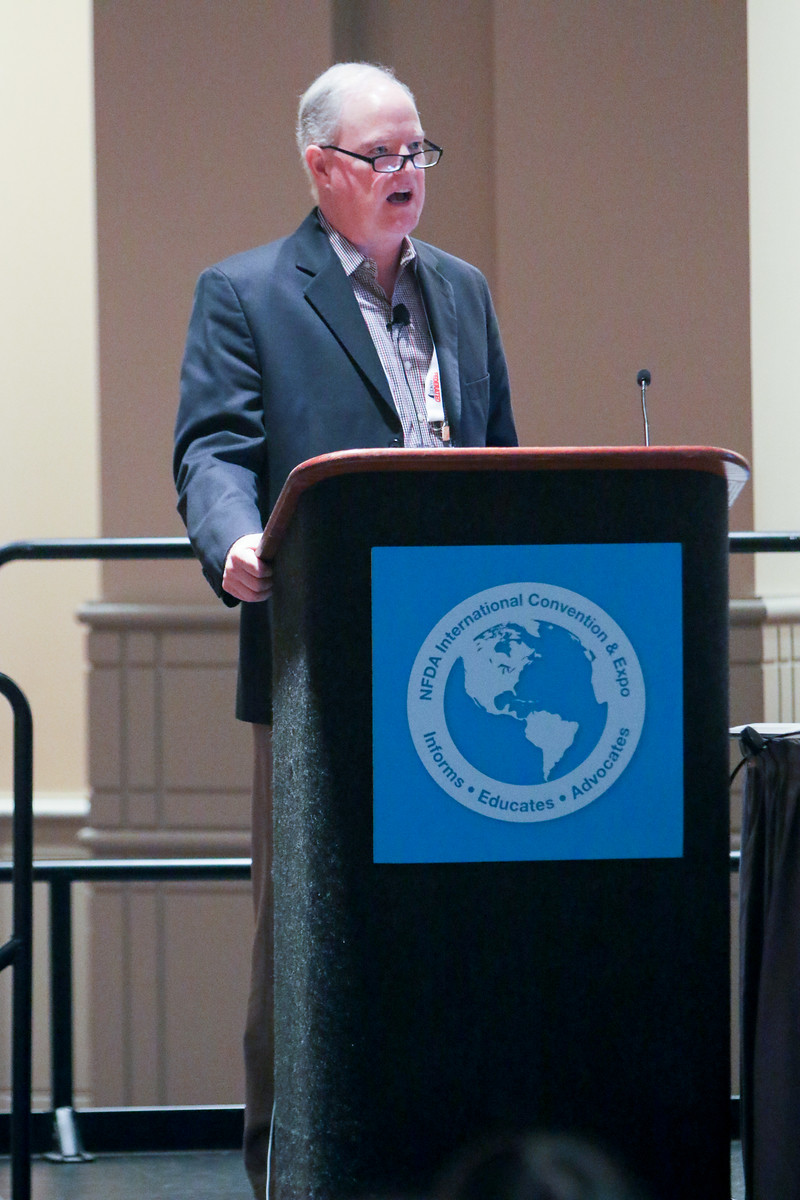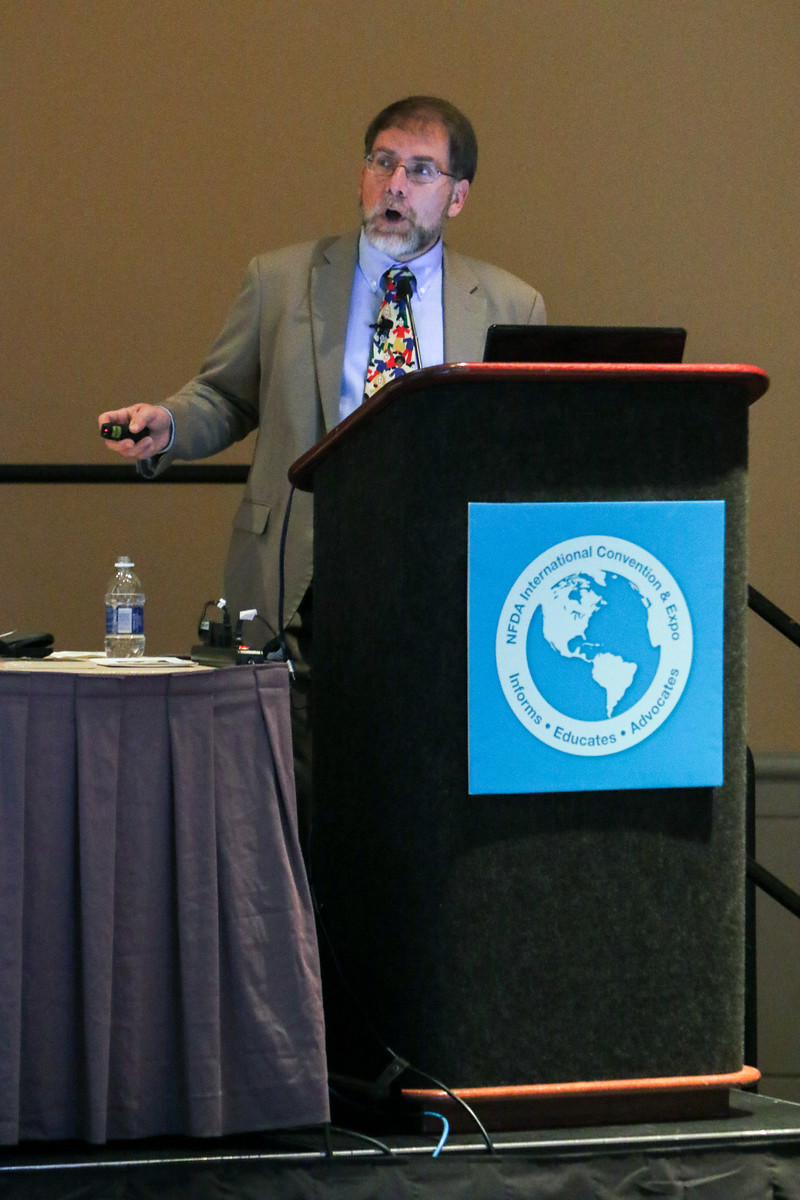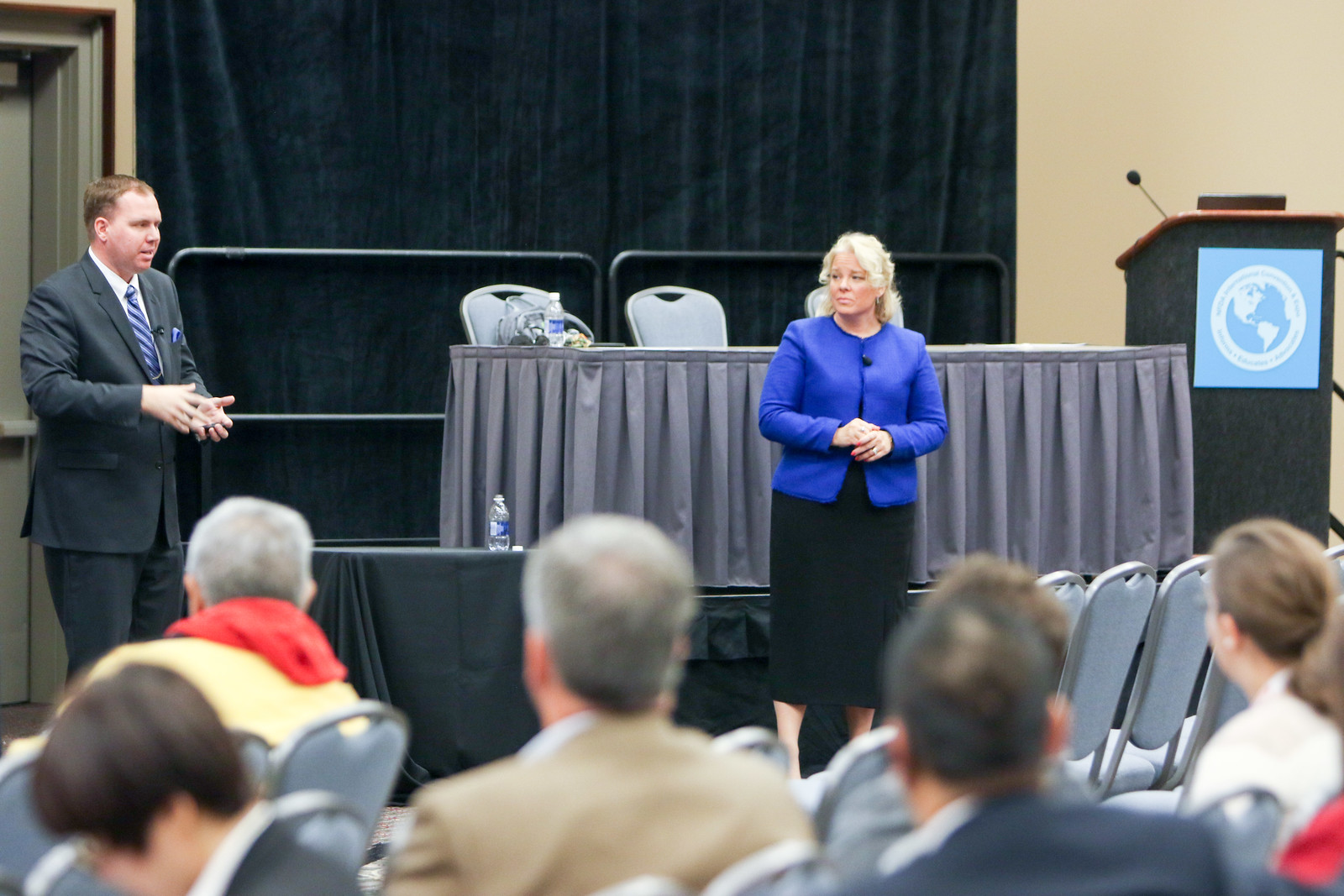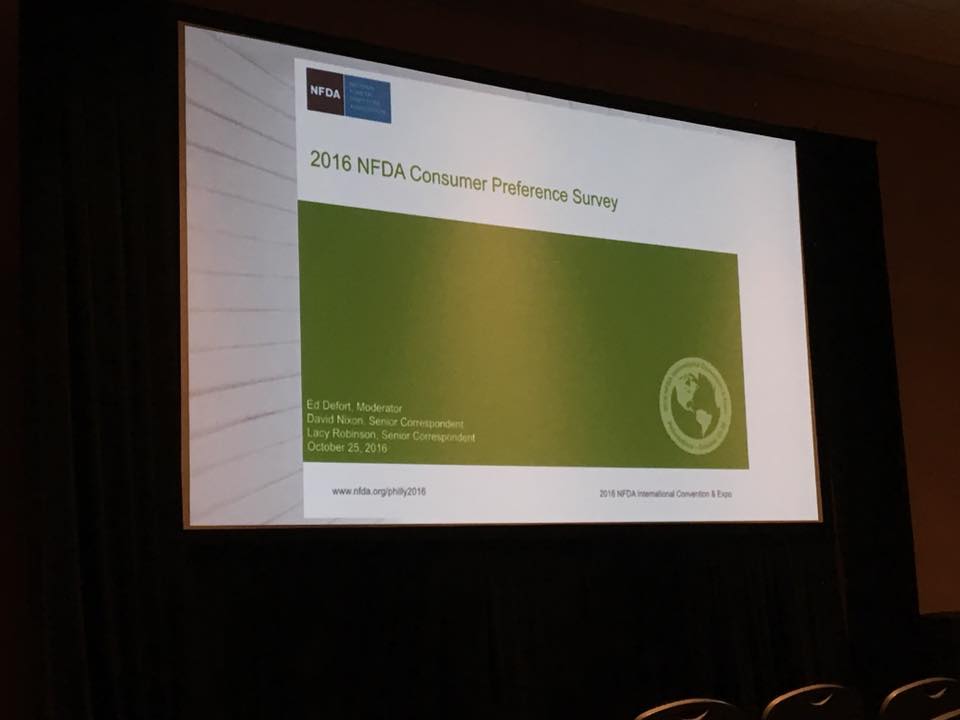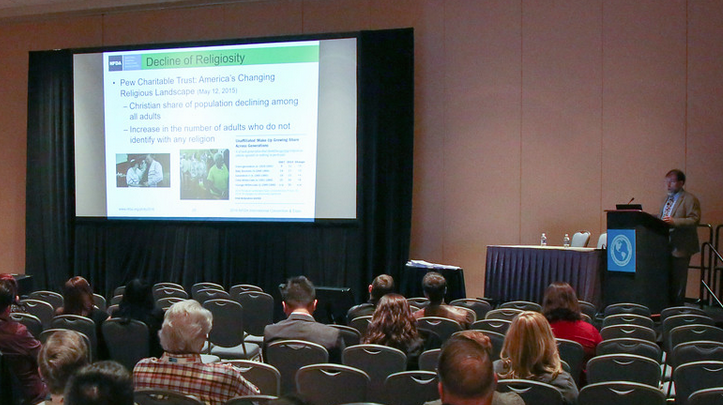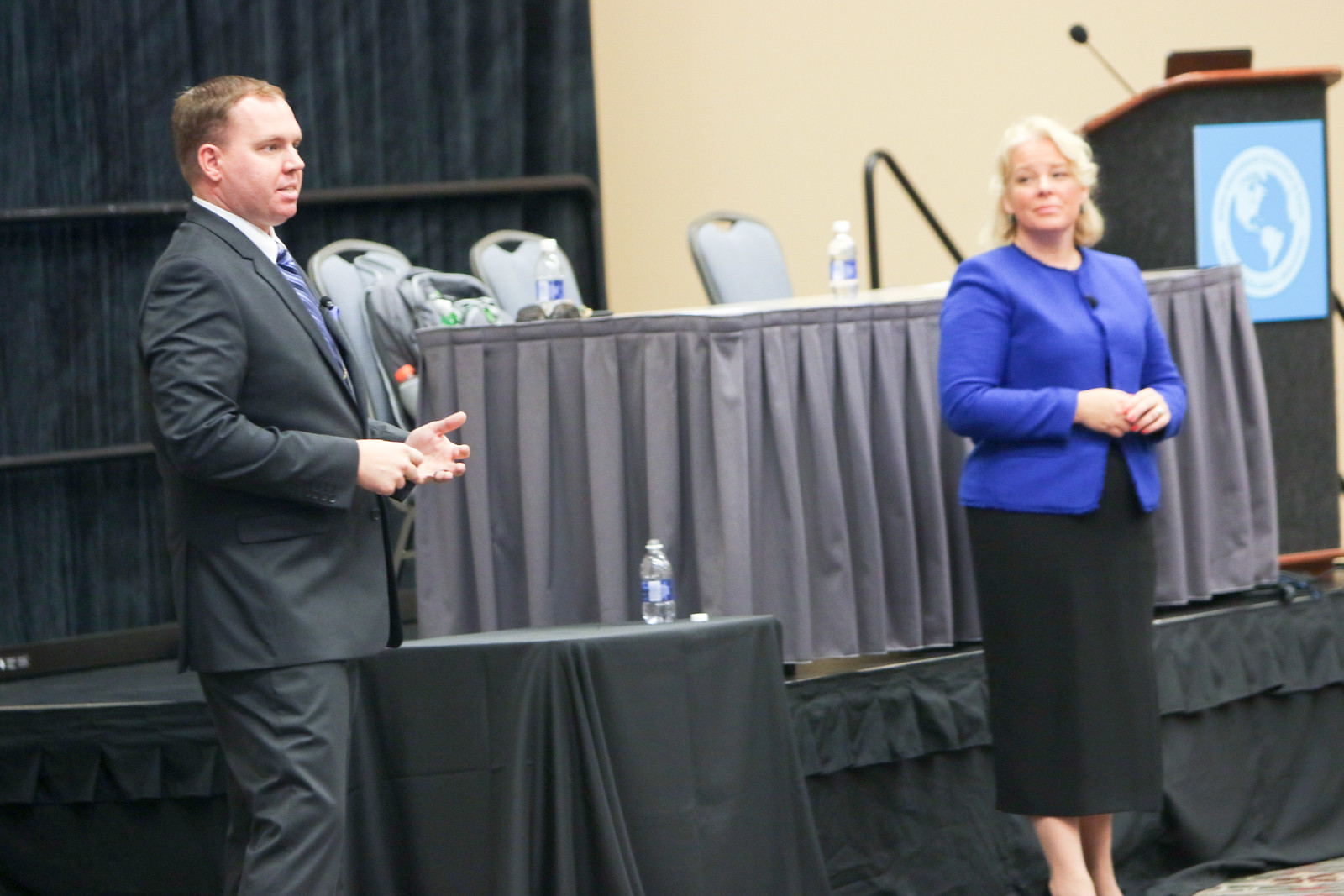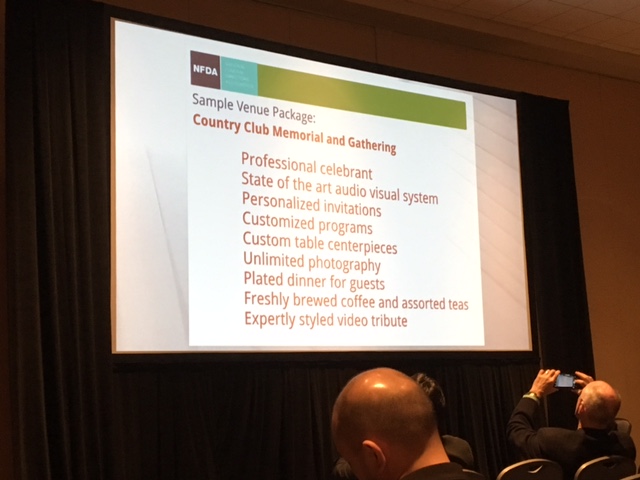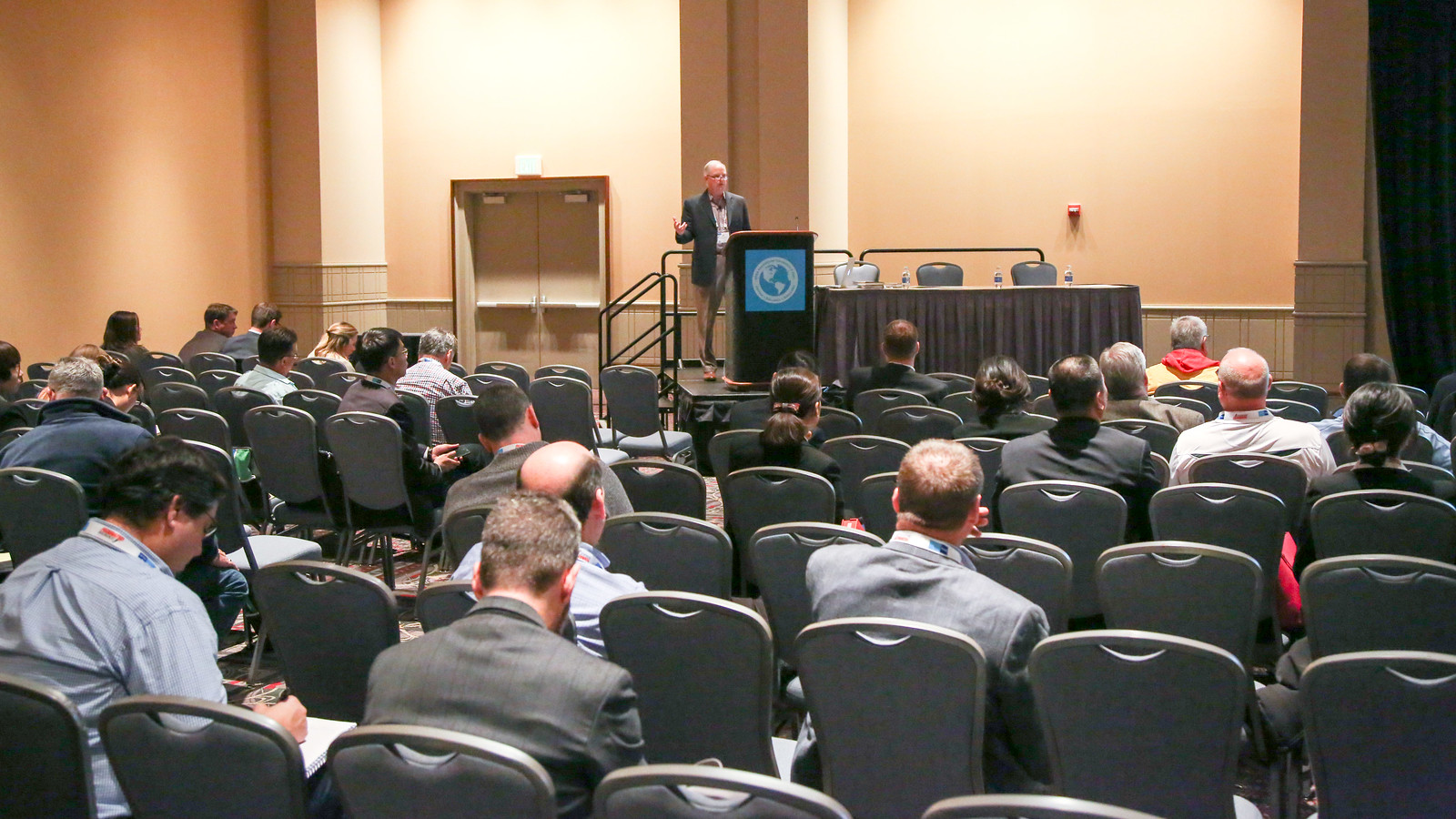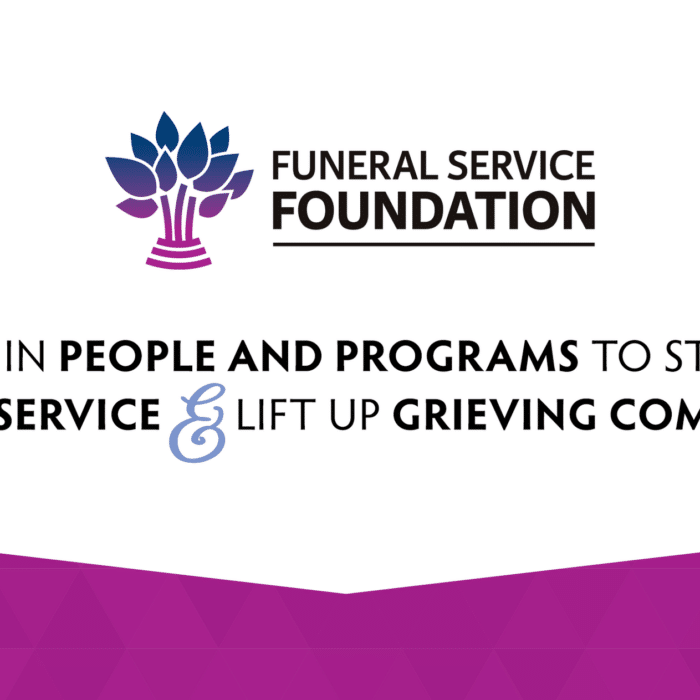Nov 09, 2016
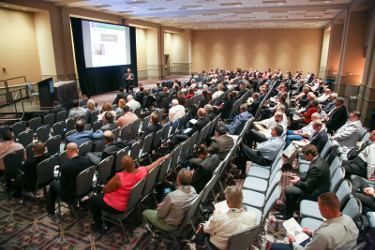
We enjoyed sitting in on many of this year’s seminars and listening to experts discuss the latest funeral trends, share predictions for the future and examine the challenges funeral directors must often confront. Many seminars centered on communicating the value of funeral service work to families in a society that has become much more disconnected and much less religious. Other classes focused on bereavement education and helping families who are experiencing a more complicated type of grief. We commend the NFDA for offering sessions devoted to helping families impacted by suicide or pregnancy loss, as these sensitive cases are rarely discussed but occur every single day.
Below are some of the valuable insights the ASD team learned from the seminars we were able to attend. We’d love for you to share your feedback on what topics and speakers you most enjoyed. If you weren’t able to join us this year in Philly or if you missed a particular class, we encourage you to visit the NFDA website where recordings will soon be available for many of the sessions offered. The NFDA will send an email out when the recordings are available for download from the website so be sure to watch your inbox.
ASD’s Top 10 Takeaways from NFDA Convention Seminars:
1. A Funeral Service Should Be an Authentic Reflection of a Life
What is a meaningful funeral experience? How can funeral directors evaluate themselves to determine if families are set on a healing path following a memorial service? These were a few of the big questions tackled during James Cummings’ session on why it is essential for funeral directors to “write the script for someone’s life.” The session, titled “Discovering What Consumers Want: The Value of Providing a Meaningful Funeral Experience,” examined how families can be greatly comforted knowing their loved one’s funeral service was as unique as their life.
James began his session by sharing a personal story about his own father’s funeral and how after everything had taken place, he realized there was not one bit of information shared during the service that anyone in attendance didn’t already know about his dad. It was powerful to hear James draw from his own experiences to describe what was missing at his father’s service and how funeral directors can prevent this from happening to other grieving family members.
“We’re recognized as people who take care of someone after they die, but I think it is even more important for us to support the family and help them heal,” Cummings explained. “It’s so important that when we speak to families that we put the processes in place to find out their loved one’s life story.”
2. Death Rituals are an Important Part of the Human Identity
It is always fascinating to learn how death care has evolved and transformed over the years. Most people don’t know that many death rituals date back to ancient times. This was an enlightening way to begin “An Inconvenient Death” – a session offered by Rev. Matthew Binkewicz on how attitudes about funerals have changed and what funeral directors can do to adapt to those changes. During the session, Binkewicz detailed how cave drawings, preserved monuments, and ancient burial grounds help us understand how historically important funeral rites are to every culture’s identity.
“Rituals help us deal with dying and death. They help us make sense of the suffering,” Binkewicz stated while discussing how this simple truth is supported by thousands of years of history. It was a powerful session opener that demonstrated how the benefits of holding a funeral service are as old as civilization itself.
3. Encourage Engagement Among Your Funeral Home Employees
Funeral directors must be expert communicators – not only when speaking to families, but also when interacting with staff. This was one of the biggest takeaways from “How to Establish Credibility for a Young Funeral Director” – a dynamic seminar presented by Kristin Newman and Henry Johnston. During the session, Newman and Johnston explored how friction in a funeral home is often born out of generational misunderstandings.
“This is one of the most unique professions in that the actual education you receive is working in a funeral home, shadowing a funeral director as an apprentice,” Johnston said. “It can be difficult for older funeral directors to see apprentices as professionals after they are finished their education.”
Newman and Johnston explained why it should be important for funeral home owners to retain their apprentices and ensure that younger funeral directors feel invested in the funeral home and community. They suggested that older directors welcome new directors onto the team by helping them become a part of the neighborhood and involving them in all areas of the funeral home. Even simple actions, like creating business cards for newer staff, will encourage engagement among funeral home employees.
4. Funeral Directors Must Be Sensitive to the Budget Concerns of Families
Many funeral homes received a copy of the NFDA Consumer Preferences Survey earlier this year. This report examines the attitudes and preferences of consumers towards funeral service. At the NFDA, Presenters, Ed Defort, Editor of The Director magazine, Lacy Robinson, NFDA Director of Member Development and David Nixon of Nixon Consulting analyzed the results of this survey to make predictions about the future of funeral service. One of the major points mentioned was how the statistics have proven that families have become increasingly budget-conscious in recent years. As a result, pricing calls have become more common, particularly in areas that have experienced diminished income and declining population.
“This business that used to be recession proof is no longer recession proof. We can’t ignore the fact that the median household income is lower now and that affects us,” Nixon stated. “Nearly half of American households would not be able to afford a $400 emergency. This is why we must be sensitive to the family’s budget concerns.”
5. Experiences Are What Consumers Desire and Pay For
When considering the fact that people now have less disposable income, it is important for funeral directors to consider what it is they are really selling to families. Cummings’ session provided a deeper perspective on this question. He contended that funeral directors have made families feel as though they need to be focused on specific products to honor their loved one’s life. This attitude removes the service experience itself from the equation and does not take budget concerns into account, which is why many people today feel they don’t need or want a funeral. Cummings did a great job of illustrating why funeral directors must change their approach when selling to families.
“About 20 years ago, people started to say they didn’t want to spend that much money on a single good, like a casket. We didn’t listen,” Cummings argued. “We tried to package something people don’t want with something they need. We’re not doing it correctly. Experiences are what consumers desire and pay for.”
6. A Decline in Religiosity Has Had A Major Impact On Funeral Service
Many funeral directors today are concerned because religious institutions in their community are disappearing. This issue was addressed in several of the seminars offered during the 2016 NFDA Convention. Binkewicz discussed this topic at length, providing statistics that show an increase in the number of adults who do not identify with any organized religion. He attributed this decline to a negative regard for religion due to clergy abuse, competing factors for Sunday (football games, family events, etc) and the fact that many people find a spiritual link in places outside of the church.
The “Survey Says” presentation also assessed the decline in religious funeral services. According to the 2016 NFDA Consumer Preferences Survey, only 42 percent of those surveyed believe religion is an important component to include in funeral services. Many funeral directors in attendance shared their own personal experiences on handling funerals for non-religious families. One director pointed out that a lot of families will request to have scripture read during the ceremony but do not want a minister with a particular denomination to officiate. This example illustrates how funeral directors must be willing to accommodate the specific wishes of families and avoid having an “all or nothing” type of attitude.
“For so long, funeral service has been tied to religion. So when religious attendance declined, it affects us,” Nixon stated. “We have to provide meaningful services, even if the family is not religious.”
7. It’s Okay to Question Tradition
Conflict within a funeral home can prevent many teams from achieving their business goals. In many cases, a major cause for this tension is a difference of opinion about a current funeral trend or the future of funeral service. During Newman and Johnston’s session, they encouraged newer funeral directors to “never stop brainstorming ways to serve families better” by asking their mentors questions. If a certain method or process seems outdated, find out what the funeral home owner’s reasons are for doing it that way. Younger funeral directors should not be afraid to voice their opinions if they think a tradition is out of sync with the needs of families. Johnston and Newman also urged older funeral directors to remain open-minded when helping new licensees understand how your funeral home operates. Answering questions with “we’ve always done it that way” will drive new directors to work for a different funeral home.
“Don’t think that when a newer funeral director asks you why you do something the way you do it, that they want to change it. They want to understand why it is done that way,” Johnston explained. “Just because they’re not doing it exactly your way, does not necessarily mean they’re doing it the wrong way.”
8. Funeral Homes Should Develop Partnerships with Outside Venues
It was wonderful to hear NFDA Director of Member Development, Lacy Robinson, share her predictions on the future of funeral service during the analysis of the 2016 NFDA Consumer Preferences Survey. One of the major trends that Robinson believes will become increasingly popular with families is the use of other venues, like country clubs, restaurants and hotels. Robinson recommended funeral directors proactively reach out to these facilities to create partnerships so they can collaborate with them on services in the future.
“I believe that the trend of people going outside of the funeral home will increase,” Robinson said. “Look into partnering with country clubs and outside venues. Have packages in place so you are ready if this is requested.”
9. Directors Must Reeducate Their Communities About the Benefits of a Funeral Service
Funeral services have become inconvenient to many Americans in today’s society. Binkewicz used several examples and statistics to address this point. He spoke candidly about how sad it is that families no longer have the time they need to grieve because the funeral process has become so rushed. After giving attendees a clear picture of where funeral service stands in terms of society’s perceptions, Binkewicz then offered suggestions and ideas for different ways funeral directors can swing the pendulum back to a time when “death and dying was validated” and “communal grief gave people a sense of coming together.”
To reverse this shift away from end of life rituals, Binkewicz recommended funeral directors work to reeducate their communities about the physical, emotional and spiritual benefits of holding a funeral service. He argued that directors should be their own spokesperson and work to change the perception by debunking myths about the profession. So much of funeral care goes on behind a closed door and there are a lot of unfair assumptions about the work of directors. Binkewicz suggested funeral professionals use literature, radio ads, community events and billboards to communicate their value to families.
“We offer time to gather and share during a time when people are so busy and have so few opportunities to take pause,” Binkewicz stated. “Whatever festivals you celebrate in your community, you need to set up a booth and talk to people about their options. The world must know you are an important asset in end of life care.”
10. Time is the Currency of an Experience
One of the biggest takeaways from James Cummings’ session on creating meaningful funeral ceremonies was the importance of encouraging family members to open up and share things about their loved one’s life beyond the basic information you could read in an obituary. James urged directors to “coax the family into sharing the path of their loved one’s life” even if the family can only communicate over the phone.
“If every space is a stage, when you use a telephone you are on stage. Technology changes communication but we must learn to get people to share with us about their loved one’s life,” Cummings explained. “Time is the currency of an experience. Families might think they are in no shape to talk to someone, but there is a way to make this conversation easier.”
James recommended funeral directors use the THEME model below to create a meaningful experience for families. Using this process encourages families to spend more time speaking with you about their loved one’s life because they will be more invested if they are contributing to the experience.
Theme the experience
Harmonize impressions with positive cues
Eliminate negative cues
Mix in memorabilia
Engage in all five senses
Using this model, James argued that directors should be able to create a service experience that is an authentic reflection of the person’s life.
What were some of your favorite speakers during the 2016 NFDA Convention? Please leave a comment below to share with us what you learned.
Related Reading: Best. Convention. Ever: ASD’s 2016 NFDA Convention Review
About The Author
Jess Farren (Fowler)
Jess Farren (Fowler) is a Public Relations Specialist and Staff Writer who has been a part of the ASD team since 2003. Jess manages ASD’s company blog and has been published in several funeral trade magazines. She has written articles on a variety of subjects including communication, business planning, technology, marketing and funeral trends. You can contact Jess directly at Jess@myASD.com
